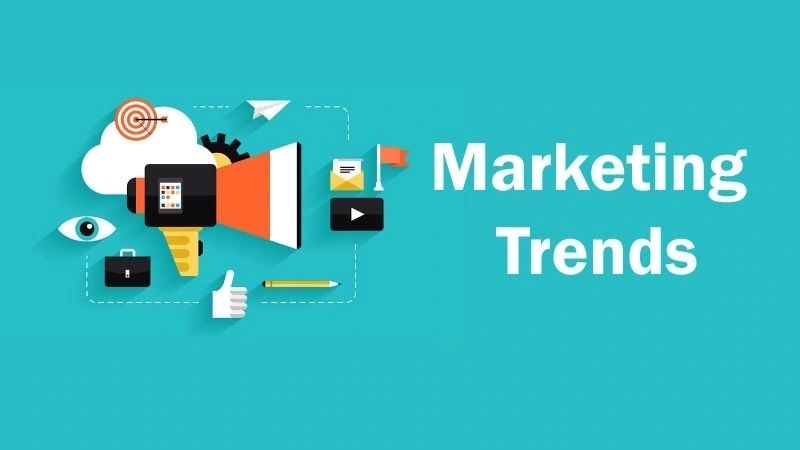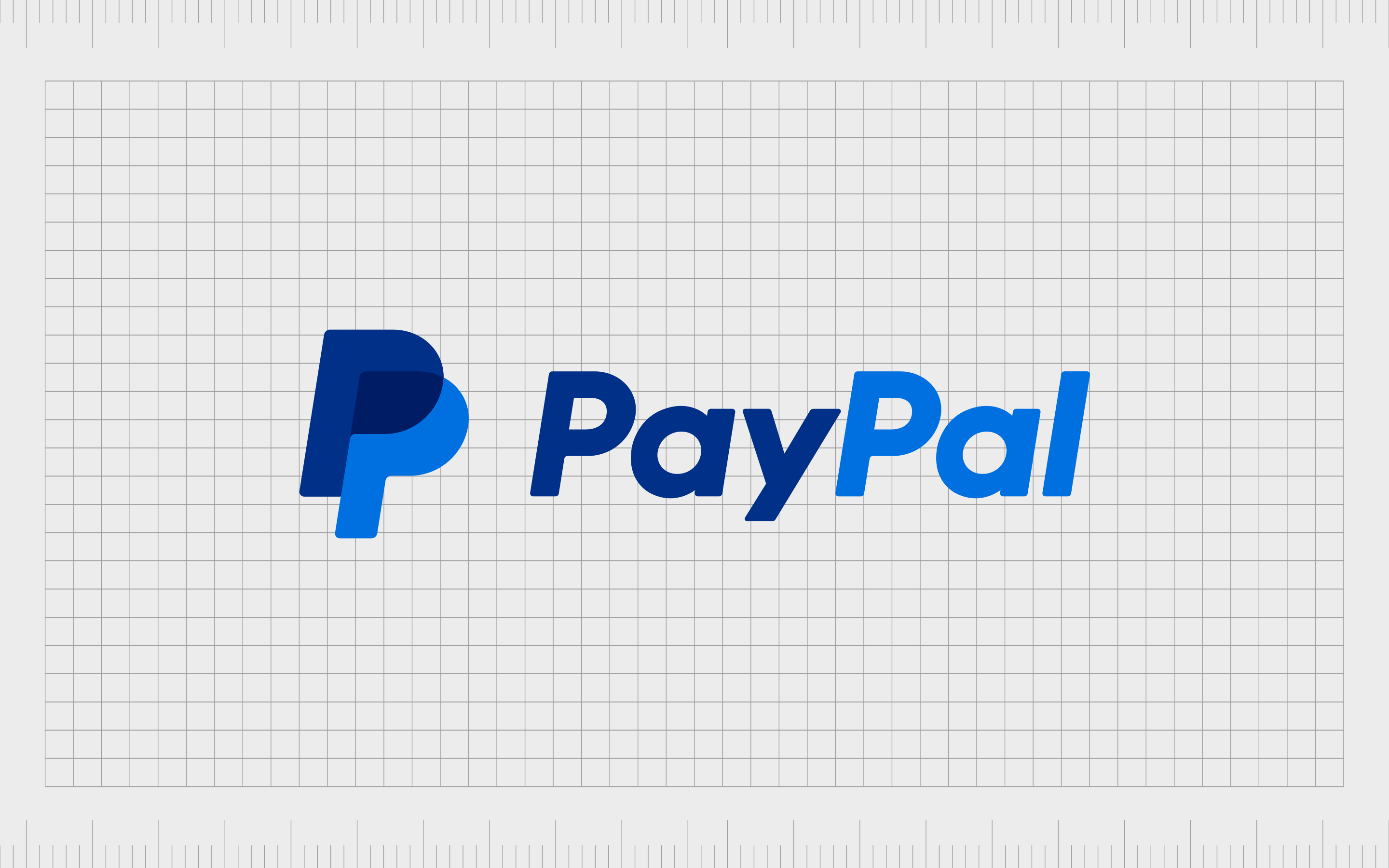We thought we’d hit ‘Peak AI’ in 2024, but that was just the base camp of what’s possible. AI remains the gift that keeps on giving. Its breakthroughs are reshaping everything from programmatic advertising to voice-led campaigns.
As we kickstart 2025, marketers across Australia are again looking to harness these new AI capabilities to stay ahead of the curve.
Here’s a cheat sheet for navigating the AI landscape, offering the tools needed to streamline workflows, unearth deeper insights, and sharpen competitive edge.
Perplexity.ai, The Knowledge Navigator
Integration Compatibility: Not Applicable
Difficulty: Easy
The way people navigate the internet is changing. Perplexity is a type of search generative experience, an AI-powered search engine that provides direct answers and insights, relevant images and suggested queries making it a valuable tool for quick market research and trend exploration.
Why It’s Good for Marketers: It offers rapid access to current information, helping marketers stay on top of industry trends, competitor activities, and consumer behaviours without extensive manual research.
Open AI’s (paid) version, Search GPT, does a similar job with the added benefit of generating results from otherwise inaccessible content from behind paywalls.
Google Notebook – Podcasts with a twist
Integration Compatibility: ★★★★☆
Difficulty: Easy
Google Notebook is an AI-powered tool which allows you to organise information, generate ideas, and explore topics in a more interactive way, whether for research, journaling or turning whitepapers into podcasts.
Google Notebook now boasts a new interactive podcast feature, allowing users to ask questions and engage with content, more akin to an interview than a traditional podcast.
Why It’s Good for Marketers: This tool opens new avenues for accessible learning of complex topics or content creation and audience engagement, allowing marketers to repurpose podcast content into interactive, AI-driven experiences.
As data privacy concerns intensify, the licensing of Large Language Models (LLMs) for secure, closed environments offers a robust solution for marketers handling sensitive data.
This approach leverages AI capabilities safely while maintaining strict control over confidential information.
By licensing and fine-tuning pre-trained LLMs within a secure infrastructure, organisations can develop bespoke AI assistants that operate exclusively within their closed ecosystem.
These tailored AI frameworks provide significant advantages over generic SaaS platforms, allowing companies to collaborate with their development teams to customise LLMs that run on closed, secure servers compliant with stringent privacy regulations.
Consequently, organisations can create AI assistants capable of processing complex queries without exposing sensitive data to external environments.
Why It’s Good for Marketers: Licensing LLMs for closed environments ensures compliance with data protection regulations while still leveraging the full potential of AI for personalised marketing strategies and customer service.
Marketers can work closely with both security and development teams from the outset to define the scope and capabilities of their AI assistant.
This collaborative approach ensures that the resulting AI not only meets the highest security standards but also communicates with the brand’s unique tone and style.
Vertex AI – Smart Product Recommendations
Integration Compatibility: ★★★★☆
Difficulty: Advanced
Vertex AI is Google Cloud’s fully managed platform for building, deploying, and scaling machine learning models. E-commerce brands can harness Vertex AI to power intelligent product recommendation systems that drive cross-sell and upsell opportunities, essentially learning from each customer’s browsing and buying behaviour.
Why It’s Good for Marketers: In competitive online retail, personalisation can set you apart. By implementing Vertex AI’s recommendation engine, you can deliver more relevant suggestions, boosting cart sizes and long-term brand loyalty.
Quick Tip: Kick off with a narrow focus—like recommending complementary items in the checkout process—and refine with real-time data. Over time, scale to broader personalisation strategies across your site and emails.
“What AI can do today” – The AI tool Treasure chest
Integration Compatibility: Not Applicable
Difficulty: Easy
“What AI can do today” is a website that helps you find the best AI tool for your specific task, needs or queries. What you need, when you need it.
Why It’s Good for Marketers: With the rapidly expanding world of AI tools, this resource helps marketers navigate the options and find the most suitable solutions for their unique challenges, saving time and resources. Data privacy, safety and security not included*
The future of marketing is adaptive, predictive, and deeply personalised. By integrating these AI tools into your daily operations and overall strategy, you’re not just preparing for the future, you’re actively shaping it.
A well-planned deployment of these platforms can help you optimise spend, refine customer journeys, and drive measurable ROI for your brand or clients.
As you embrace the “new year, new you,” remember: the most powerful asset isn’t AI alone, it’s your creativity and strategic thinking in wielding it.
Credited to Adnews.






Comment
No comments found.